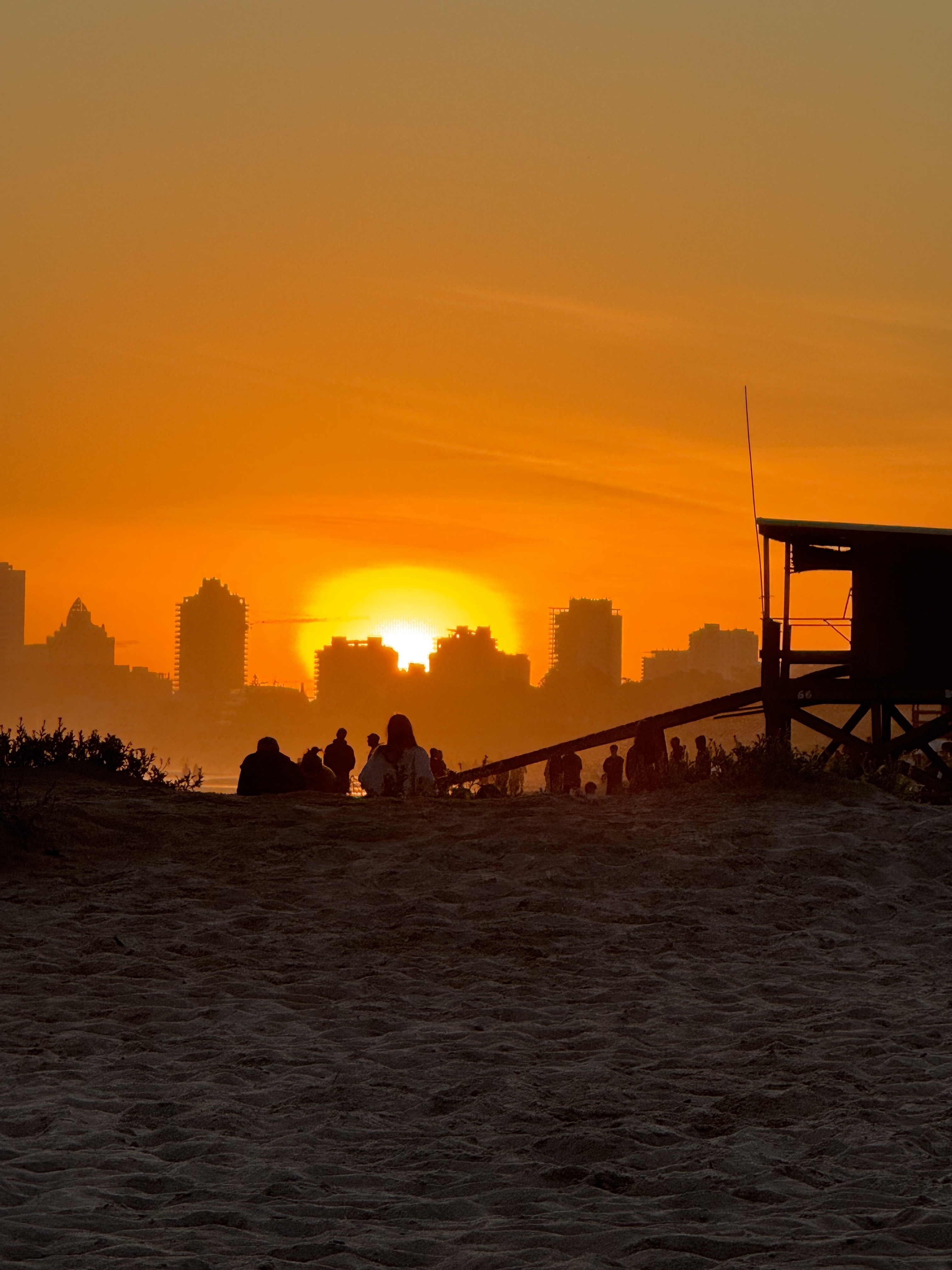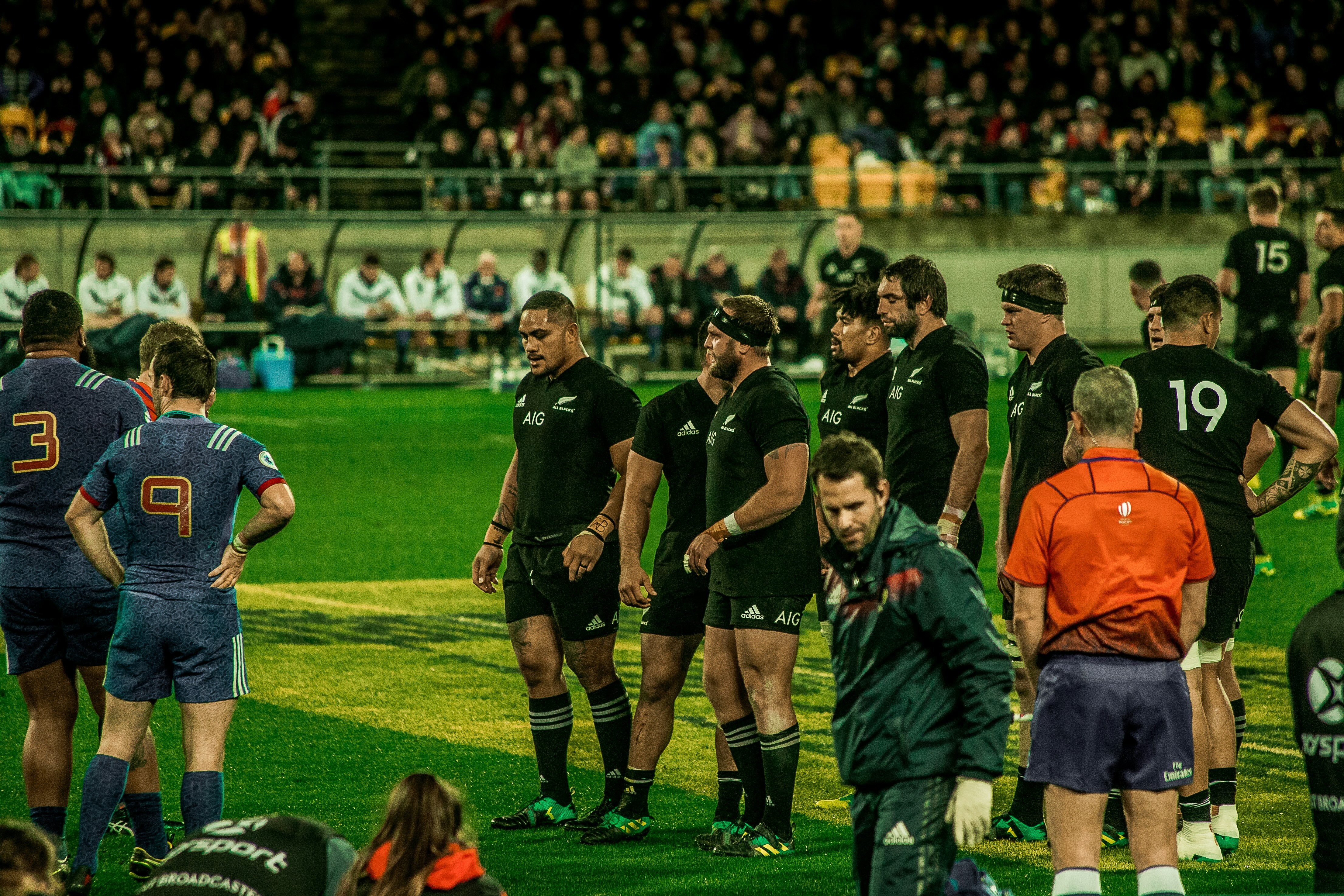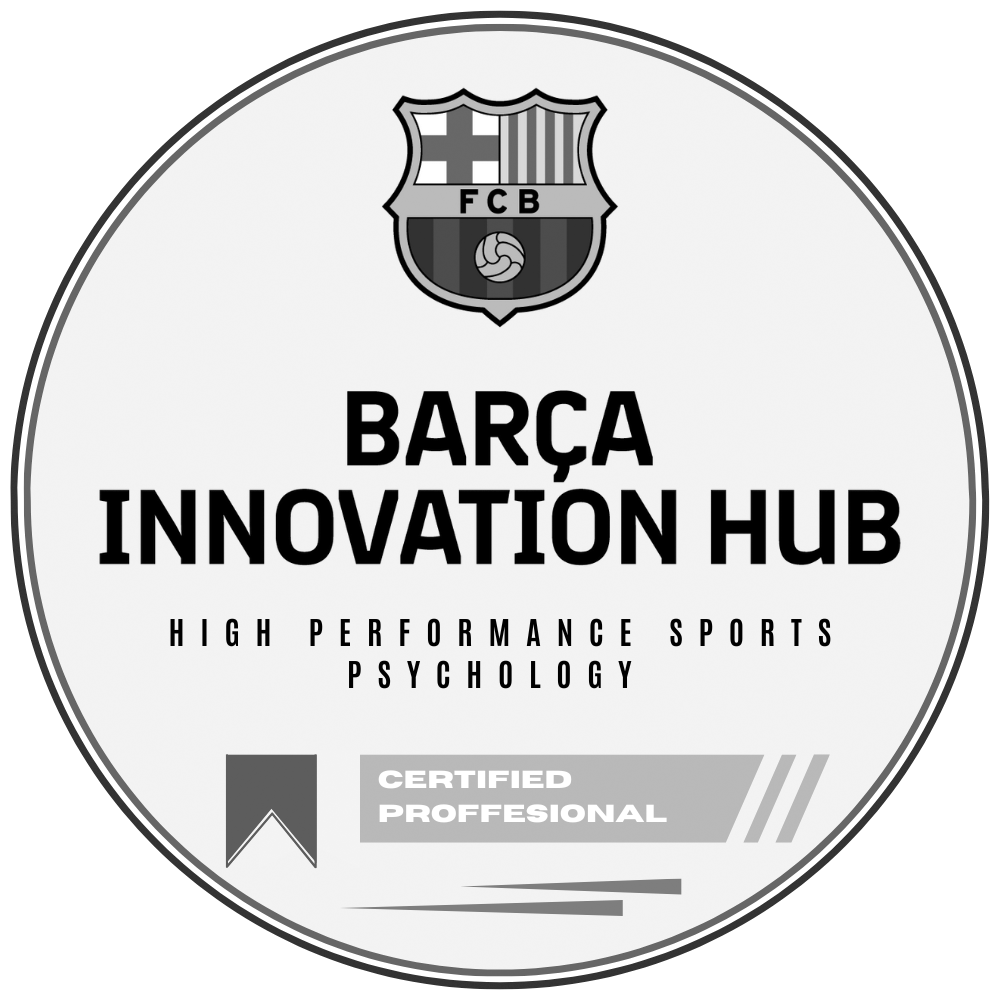Sofia’s story: The bridge builder
Sofia grew up in the South Side of Chicago. Her family owned the local grocery store on Ashland Avenue and 72nd Street and was surrounded by the sights and sounds of a bustling neighborhood during the day, with sirens frequently in the background at night.
“The community vibe in South Side is strong, and part of the reason that I love where I grew up so much, “ she remembers. “My parent’s grocery store was a gathering spot for locales, and we have always been connected to everyone around and knew pretty much every family in the neighborhood.”

Through her family's eyes and the stories shared across the counter, Sofia learned early on about the challenges her community faced. These experiences forged in her a strong sense of loyalty and a desire to protect her own.
Unfortunately, this protective instinct was also shaped by loss. Sofia lost a close childhood friend to gang violence, an event that became a defining moment in her life, cementing her view of the "other side" as not just different but as a direct threat to the safety and well-being of her community. This loss instilled in her a deep-seated suspicion and a resolve to fight against what she perceived as the source of her community's pain.
Her journey working with a church-led community project HOPE (Harmony Progress Opportunity Empowerment), was driven by a desire to create change, to build a safer, more united community where no one else would have to endure the kind of loss she did. Yet, her approach was initially combative, seeing issues in black and white, us versus them, fueled by the narrative of the division she had grown up with.

It was with this background that Sofia had her first meeting with her pro-bono leadership coach, provided by EPOK, another NGO that works with HOPE.
Though not originally from of Chicago, the coach had a long-standing connection to the University of Chicago and had been involved in several projects over the years that attempted to bridge some of the gaps between academic theory and actual group work. More recently, the coach had also been providing his service to underprivileged school kids and prisoners.
His approach was characterized by a belief in the power of empathy, the importance of listening, and the potential for transformative change through community engagement. Sofia, however, was initially resistant to the idea of bridging divides, her skepticism rooted in personal loss and a longstanding narrative of separation.
The coach's challenge was to help Sofia see beyond the pain and division to recognize that the "other side" also had stories of struggle and aspirations for a better community.
Their initial meeting took place at the Charles Harper Center of the Chicago Booth School of Business, a place distanced from the neighborhood's strife and offering neutral ground. In this serene, cool, and modern setting, amidst the unlimited supply of coffee provided by the business school, Sofia and her coach encountered each other for the first time.

"Thank you for meeting with me, Sofia. I understand the challenges you're facing are substantial," the coach began, acknowledging the weight of the situation.
Sofia nodded, her gaze firm yet weary. "It feels insurmountable at times. I'm fighting for change, but the divide just seems to grow deeper."
The coach leaned in slightly, choosing their words with care. "What if I told you that the key might lie not in fighting against but in understanding alongside? To see the 'other side' not as adversaries but as part of the same community fabric?"
Sofia's expression was skeptical. "It's hard to imagine. The barriers feel too real, too entrenched."
"That's where the power of perspective comes in," the coach offered gently. "You've been viewing this through the lens of division. What if we shifted that lens to one of unity and empathy? Imagine the possibilities if we could bridge that divide, even just a bit."
Their conversations evolved over time, with the coach encouraging Sofia to engage in dialogues that emphasized listening and understanding, rather than convincing or confronting.
A significant moment came during a community dialogue event organized with the coach's encouragement. "Listen to their stories, Sofia. Really listen," the coach urged her as the event began.
As she did, something remarkable happened. Sofia began to hear not just grievances but hopes, not just conflicts but dreams shared by her own community. This act of deep listening acted as a catalyst for change in Sofia's perspective.
After the event, Sofia reflected, "I never realized how much we had in common. Our struggles, our aspirations—they're not so different. "The coach smiled, witnessing the transformation unfolding. "This is just the beginning, Sofia. With this new perspective, think of how you can lead your community towards unity and healing."
Empowered by this shift in mindset, Sofia began to champion initiatives that highlighted the neighborhood's diversity as a strength rather than a point of contention. She spearheaded programs that brought different segments of the community together, fostering dialogue, understanding, and a shared sense of identity.

“True freedom is not the absence of barriers, but the ability to navigate them with an open mind." – Amy Daws
Sofia not only transformed her approach to community organizing but also became a beacon of hope in a place once marked by division. Her story is a testament to the power of changing perspectives, the strength found in empathy, and the potential for unity in even the most divided places.
"I used to think my role was to shield my community from the 'other,'" Sofia shared in a later conversation with the coach. "Now, I see it's to bridge the gap, to illuminate our common humanity. It's not an easy path, but it's one filled with hope."
Final Note
This story is inspired by real events. For privacy protection, the author has altered the names of the persons and organizations involved. Mid-2023, Sofia was awarded a civil award from the mayor’s office for her relentless effort to change the mindset and perspectives of youngsters prone to be sucked into gang violence.




.svg.png)










.png)


